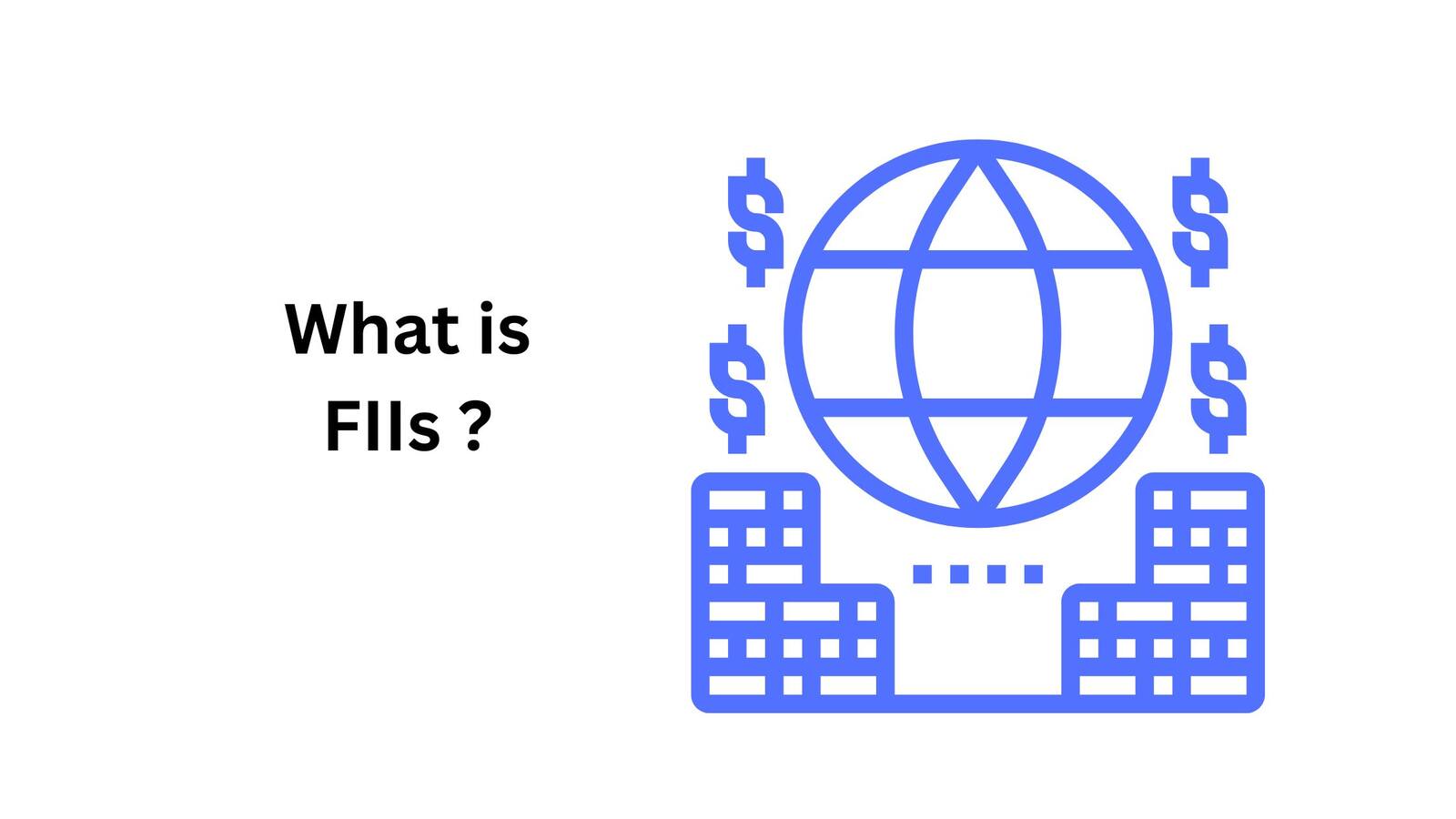What is FIIs? Foreign Institutional Investors (FIIs) are critical players in the financial markets of countries worldwide, bringing substantial capital and shaping market trends. An FII is essentially an institutional investor based in one country but investing in assets of another. Major institutions, such as investment banks, mutual funds, and pension funds, often operate as FIIs by investing considerable sums in foreign markets. In India, these investments often support market liquidity and encourage other investors to participate actively, leading to market growth.
Foreign Institutional Investors (FIIs)
So, what is ‘FIIs’ exactly, and why do they have such a strong influence on economies? Foreign Institutional Investors include organizations such as investment banks, hedge funds, insurance companies, and mutual funds, which direct significant investments into foreign markets. FIIs do not simply act as investors; they are seen as both a catalyst and a stabilizing force in the markets they enter. As they buy into foreign assets, local markets often see an increase in demand, creating an upward trend in stock prices. Conversely, when FIIs sell off their holdings, markets can experience a downturn, illustrating the influential role of FIIs.
Role of FIIs in India’s Economy
India’s market regulator, SEBI (Securities and Exchange Board of India), has registered over 1,450 foreign institutional investors (FIIs), underscoring their importance in the Indian economy. FIIs bring capital inflows that are essential for the economy’s expansion. Here’s how FIIs shape the Indian market:
- Boosting Market Liquidity: With FIIs actively trading in Indian markets, liquidity is enhanced, making it easier for other investors to enter or exit positions.
- Promoting Investor Confidence: When FIIs make significant investments, they send positive signals to the market, often prompting smaller investors to follow suit.
- Driving Economic Growth: As FIIs increase inflows, more funds are available in the economy for development and infrastructure projects.
These elements collectively improve market trends, enhancing both the stock market’s stability and overall investor confidence.
How Do FIIs Impact Market Trends?
The influence of foreign institutional investors on market trends is often profound. With their substantial buying power, FIIs can affect market direction, creating bullish trends when they buy and bearish tendencies when they exit. Key impacts of FIIs on market performance include:
- Upward Movement in Markets: When FIIs purchase securities, demand increases, often leading to rising stock prices. This trend is especially noticeable in emerging markets like India.
- Market Volatility Control: FIIs help reduce volatility by adding stability to the market with consistent investments.
- Triggering Investment Chains: As FIIs invest, other classes of investors gain confidence, further promoting capital flows into the market.
Also Read: Stock Market Opening and Closing Time in India
Why Are FIIs Considered Market Catalysts?
In addition to answering “what is ‘FIIs,'” it’s helpful to understand why they’re considered catalysts for market growth. FIIs not only bring direct capital but also promote a culture of investment. By moving funds into Indian assets, FIIs inspire confidence among domestic investors, further fueling economic growth. Here’s why FIIs are seen as market catalysts:
- They Encourage Diversified Investment: FIIs bring varied investment strategies that lead to a diversified market portfolio.
- They Attract Global Attention: When big players like FIIs enter a market, global investors take notice, often attracting further international investments.
- They Support Long-Term Growth: FIIs generally make strategic, long-term investments that contribute to sustained growth in the financial markets.
Key Takeaways
In summary, understanding what is ‘FIIs’ and their role helps in grasping their significance in global economies. FIIs not only provide financial stability and growth but also contribute to market development through diversified and strategic investments. Here’s a quick recap:
- Foreign Institutional Investors (FIIs) are entities like investment banks and mutual funds investing in foreign markets.
- FIIs impact market trends by encouraging investor confidence and enhancing liquidity.
- SEBI has registered over 1,450 FIIs, underscoring their importance in the Indian economy.
- Their investments influence both economic growth and market stability, making FIIs a vital component of modern financial systems.
By understanding what is ‘FIIs’, investors can better appreciate the external forces that shape market trends and economic growth. FIIs remain a crucial element of financial markets, contributing not only capital but also stability and confidence to the regions they invest in.
